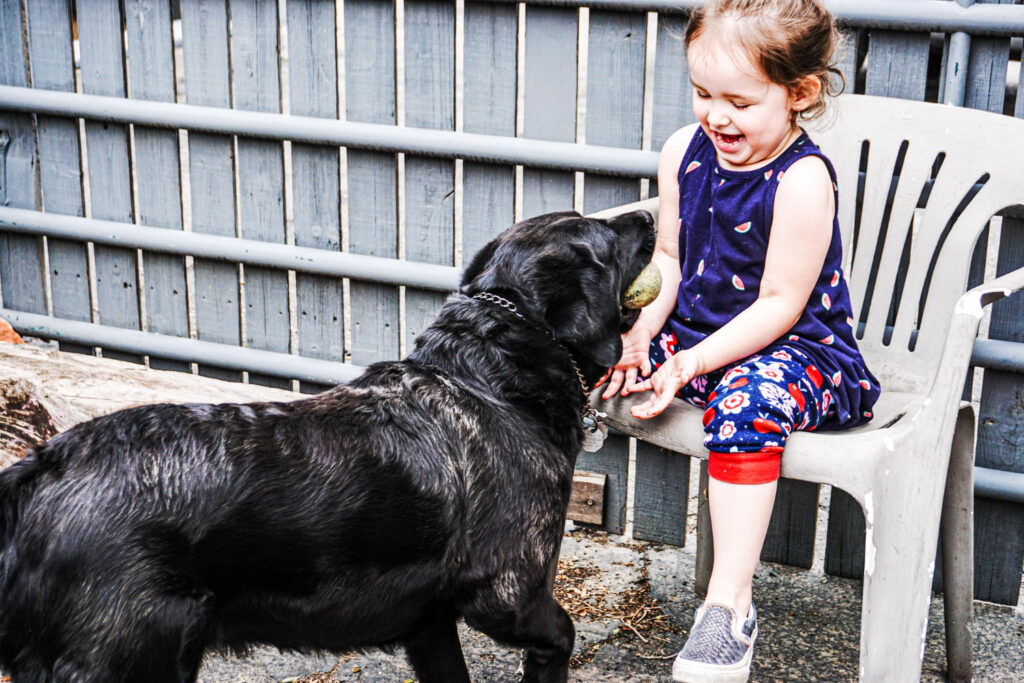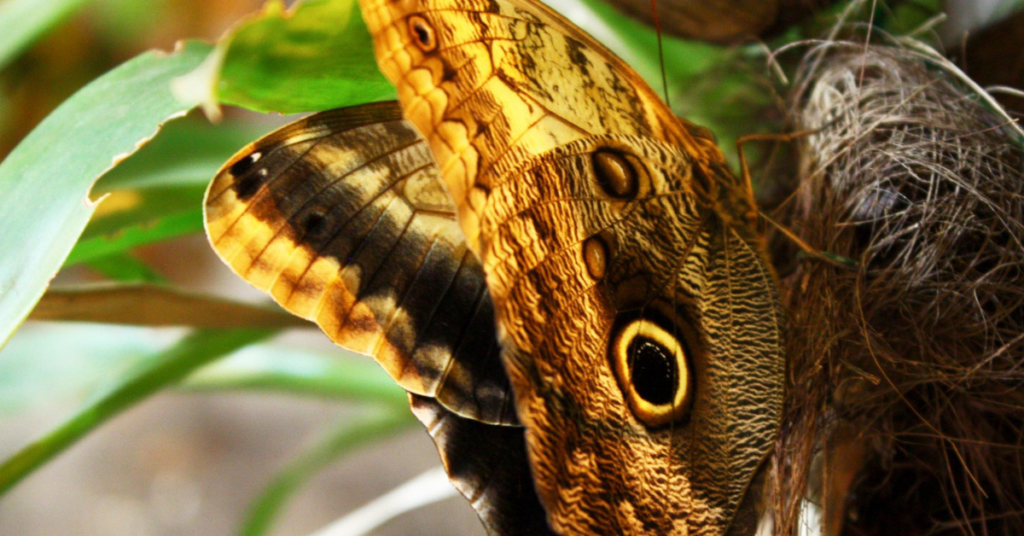The Labrador Retriever is one of the most popular and beloved dog breeds in the world—and for good reason. With their friendly nature, intelligence, and adaptability, these dogs make wonderful family companions, service animals, and loyal friends. Whether you’re considering adopting a Labrador Retriever or already have one at home, this complete guide will give you all the essential information you need—from their origins and personality to health tips and training advice.
Table of Contents
ToggleA Brief History of the Labrador Retriever
The Labrador Retriever originates from the island of Newfoundland, not Labrador as commonly thought. Originally bred as a working dog to help fishermen retrieve nets and lost lines from the cold Atlantic waters, their webbed paws and water-resistant coats made them perfect for the job.
By the 1800s, Labradors were brought to England, where they were refined into the breed we recognise today. Their skill in retrieving game made them a favourite among hunters and aristocrats. Over the years, their loyal, loving temperament made them just as popular in homes as in the field.
Key Characteristics of the Labrador Retriever

Friendly and Social
Labradors are famously friendly. They’re known to get along with everyone—kids, adults, other pets, and even strangers. This makes them a top choice for families and first-time dog owners.
Intelligent and Trainable
The Labrador Retriever ranks among the smartest dog breeds. They are fast learners, eager to please, and respond well to positive reinforcement training techniques.
High Energy and Playfulness
Labradors have a lot of energy and love to play. Daily walks, runs, or games of fetch are essential to keep them healthy and happy.
Strong Swimmers
Thanks to their heritage, they love water and are excellent swimmers. Taking them to lakes or beaches can be a joyful experience—for both of you.
Grooming and General Care
Brushing & Bathing
Labradors have short, dense, double-layered coats that shed year-round, with heavier shedding in spring and autumn. Brush your dog at least twice a week to keep their coat healthy and reduce shedding.
Nail Trimming & Ear Care
Their nails should be trimmed every few weeks. Also, because their ears can trap moisture, regular checks and gentle cleaning are necessary to avoid infections.
Dental Hygiene
Brushing your Labrador’s teeth two to three times a week prevents plaque build-up and bad breath. Dental treats can help too.
Nutritional Needs
Labradors are known for having a big appetite, which can lead to obesity if not managed carefully. Their diet should be high in protein and balanced with healthy fats and carbohydrates.
Tips:
- Feed measured portions 2 times a day.
- Avoid feeding table scraps or high-fat treats.
- Use kibble from reputable brands, ideally vet-recommended.
Training Your Labrador Retriever
Start training early. Labradors are food-motivated and respond well to rewards-based training. Key areas to focus on:
Basic Commands
Teach sit, stay, come, and leave it within the first few weeks of adoption.
Leash Training
Labradors are strong and enthusiastic. Leash training helps avoid pulling or lunging during walks.
Mental Stimulation
Incorporate puzzle toys, scent work, or training games to challenge their minds and prevent boredom.
Behavioural Guidance
Early socialisation helps avoid excessive barking, chewing, or jumping. Crate training can assist with housebreaking and building a routine.
Common Health Concerns
- Hip and Elbow Dysplasia – Joint issues that can lead to pain and mobility issues.
- Obesity – Keep an eye on diet and activity levels.
- Progressive Retinal Atrophy (PRA) – A degenerative eye disorder.
- Ear Infections – Due to their floppy ears, especially if they swim frequently.
Preventative Care:
- Annual vet check-ups
- Vaccinations and parasite control
- Regular exercise and weight monitoring
Coat Colours and Types
Labradors come in three official coat colours:
- Black – The classic, elegant choice.
- Yellow – Ranges from cream to golden hues.
- Chocolate – Rich brown, often with a red undertone.
Though the coat is short, it’s dense and weather-resistant. It’s not hypoallergenic, so keep that in mind if anyone in the household has allergies.
Ideal for Families
The Labrador Retriever is a top pick for families thanks to its gentle temperament, patience with children, and low aggression levels. They enjoy cuddles, are protective without being aggressive, and love being part of everyday family life. Even with young kids, Labradors are remarkably tolerant and often form a strong bond quickly.

Life Expectancy and Lifestyle
Labradors typically live between 10–12 years. With good care, some can live even longer.
They thrive in homes where they get:
- Consistent attention and exercise
- Time to play and socialise
- A balanced routine including training and mental stimulation
Apartment living can work if they receive ample outdoor time, though they generally do better in homes with a garden or nearby parks.
Travel and Outdoor Adventures
Love the outdoors? The Labrador Retriever does too. Hiking, beach trips, or even road travel—Labradors adapt well and are known for being calm travel companions.
Just remember:
- Bring fresh water and food
- Use a safety harness in the car
- Watch for signs of heat stress, especially in summer
Puppy Care Essentials
If you’re getting a Labrador puppy, make sure you:
- Puppy-proof your home
- Start early training and socialisation
- Schedule vet visits for vaccines
- Choose high-quality puppy food
Puppies will chew—a lot. Provide safe chew toys and teach boundaries early to avoid destructive habits.
Fun Facts About the Labrador Retriever
- The Labrador Retriever has been the most popular dog breed in the UK and US for decades.
- They’ve served as guide dogs, search and rescue dogs, and therapy animals.
- Labradors starred in films like Marley & Me and Old Yeller.
- They’re known for their “soft mouth”—a gentle bite that can carry eggs without breaking them.
Is the Labrador Retriever Right for You?
If you’re looking for:
- A loving, loyal family dog
- A trainable companion
- A playful, energetic pup
- A dog that enjoys both cuddles and adventures
Then the Labrador Retriever could be your perfect match. Just be ready for the shedding, the appetite, and the energy that never seems to fade.
Conclusion
Whether you’re planning to adopt or already have one wagging at your feet, a Labrador Retriever will bring boundless love, fun, and loyalty into your life. Their intelligence and emotional warmth make them more than just pets—they become true members of the family.
From their charming puppy days to their wise old years, Labradors have a way of making every moment better.







